 |
|
||||||
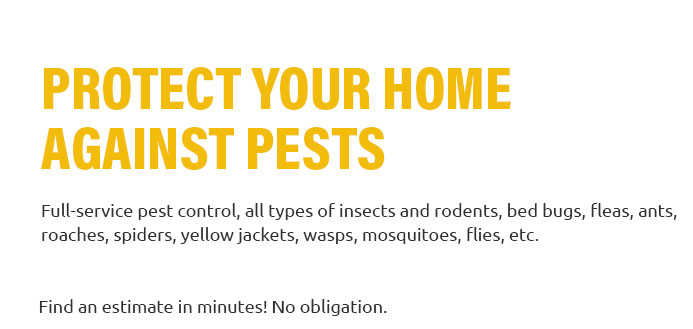 |
 |
 |
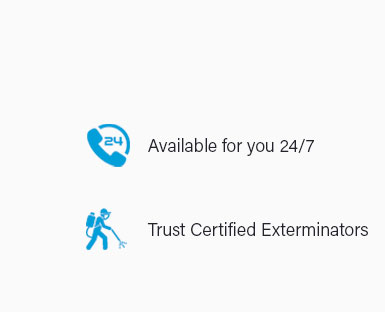 |
 |
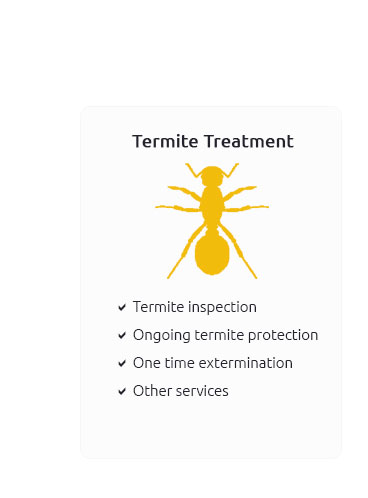 |
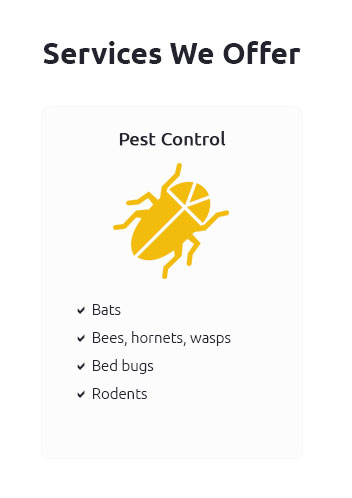 |
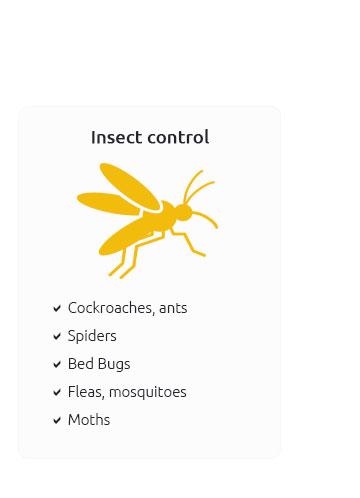 |
 |
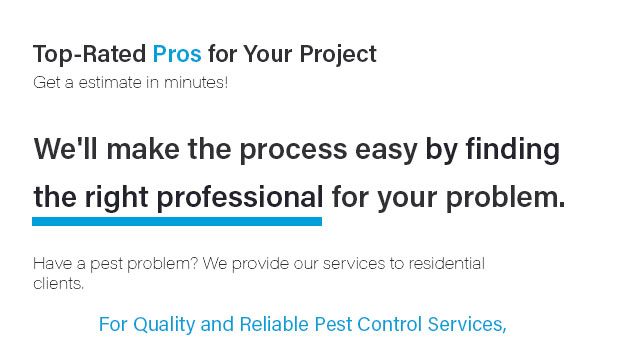 |
 |
 |
 |
Best Way to Get Rid of Ants in Your YardWhen dealing with the perennial problem of ants invading your yard, it can feel like you're in an unending battle against a tiny, relentless foe. However, with a little knowledge and strategic effort, you can reclaim your outdoor spaces. Ants, though beneficial for the ecosystem by aerating soil and pollinating plants, can quickly become a nuisance when they overrun areas where you wish to relax or garden. The key to effective ant control is a combination of natural and preventive measures that will not only rid your yard of these pests but also ensure they stay away for good. To begin, it's essential to understand the ant's perspective. They are social creatures, working tirelessly for their colony, which can number in the thousands. A few simple steps can make your yard less inviting to these industrious insects. Start by eliminating food sources. Ants are attracted to anything sweet or greasy, so ensure that any outdoor dining areas are kept clean and free of crumbs or spills. Trash bins should be sealed tightly, and pet food should not be left out. In terms of natural remedies, there are several options that have proven effective. Vinegar is a powerful tool in the fight against ants. By mixing equal parts vinegar and water in a spray bottle, you can create a solution that disrupts the pheromone trails ants rely on for navigation. Spray this mixture around entry points and on visible ants to deter them. Borax is another household item that can be used to control ant populations. When mixed with sugar and water, it creates a lethal bait that ants carry back to their colonies, effectively eliminating them at the source. Moreover, essential oils such as peppermint, tea tree, or citrus can be used to create a natural barrier. Ants are repelled by the strong scents, and a few drops of these oils can be mixed with water and sprayed around the perimeter of your yard. Additionally, diatomaceous earth, a fine powder made from fossilized remains of tiny, aquatic organisms, is a physical barrier that can be sprinkled around ant-prone areas. It dehydrates and kills ants upon contact, but it's safe for humans and pets. For those looking for a more robust solution, consider using commercial ant baits. These are designed to be taken back to the nest, effectively killing the entire colony. However, ensure that these products are pet and child-safe if used in areas accessible to them. Regular maintenance is crucial; check for and seal any cracks or crevices in walls, patios, or sidewalks that could serve as entry points for ants. In conclusion, the best way to rid your yard of ants involves a multi-pronged approach that includes removing attractants, employing natural deterrents, and maintaining a vigilant watch for new infestations. With patience and persistence, you can enjoy your yard ant-free. FAQ
https://www.nativepestmanagement.com/blog/2023/november/how-to-keep-ants-away-from-your-yard/
Boiling water is one of the most common organic ant killers. Pouring 2-3 gallons of boiling water on an ant mound will kill about 60% of ants. https://dengarden.com/pest-control/get-rid-of-ants-in-your-driveway-and-yard
How to Get Rid of Ants in Your Driveway and Yard - Ants in the Yard or the Cracks of the Driveway - Coffee and Cayenne Pepper - Boiling Water. https://www.workshop.bunnings.com.au/t5/Garden/How-to-remove-ants-from-a-lawn/td-p/99491
Most ant sand insecticides won't hurt your lawn. If you can find the ant nest, then placing some Yates 10g Home Pest Ant & Nest Killer Gel Bait right at the ...
|



